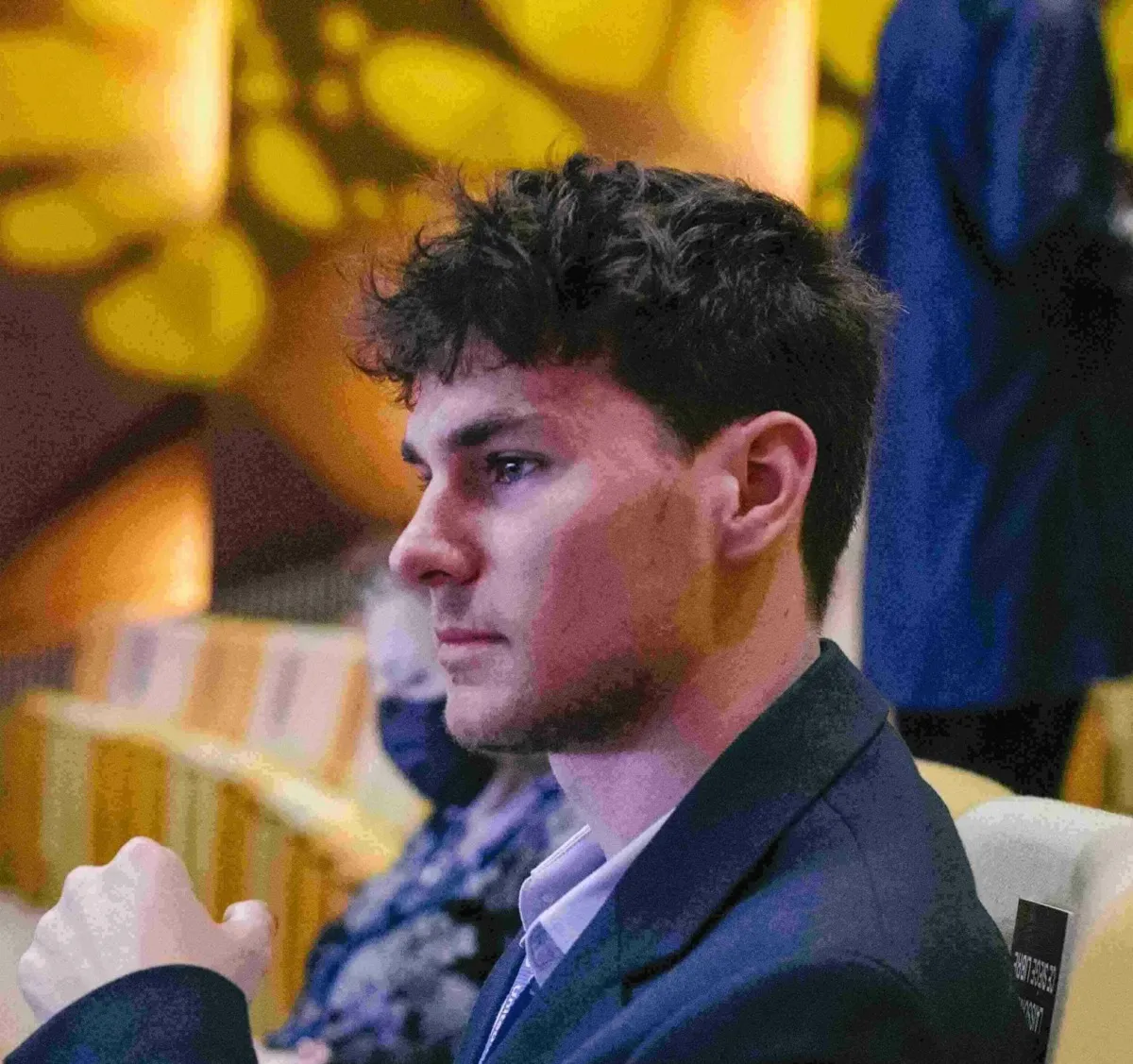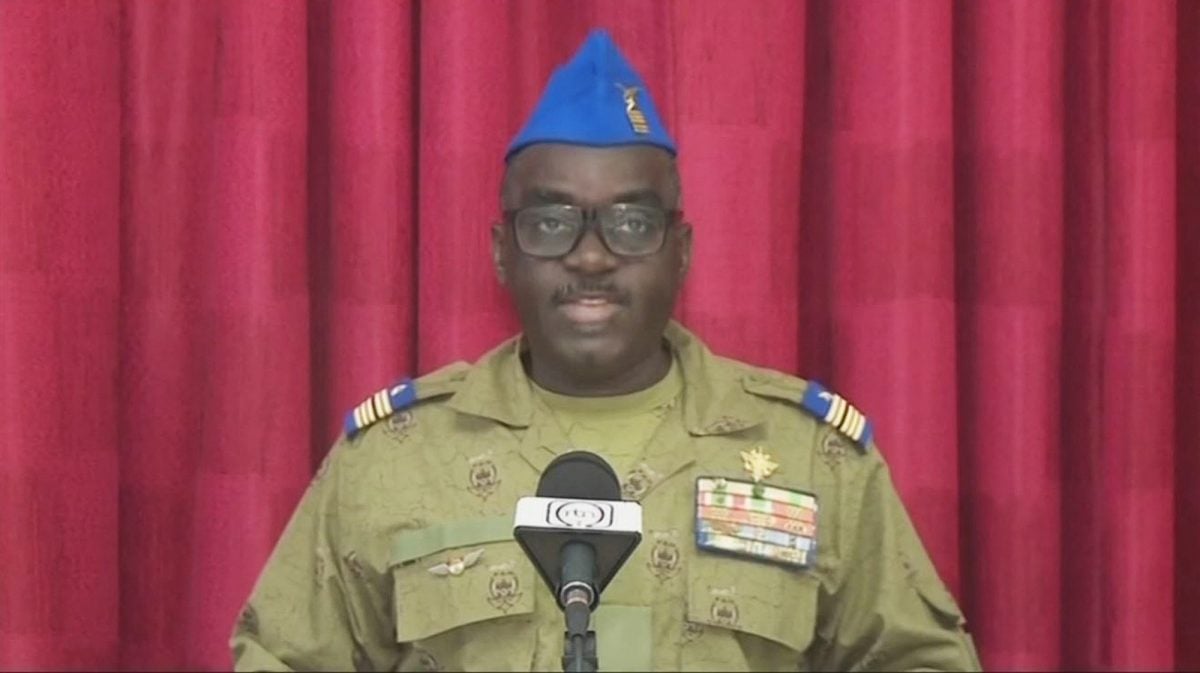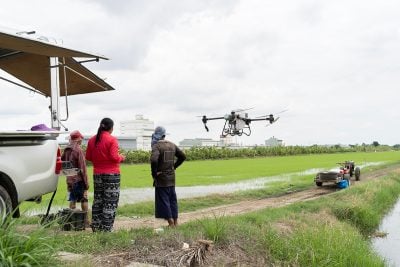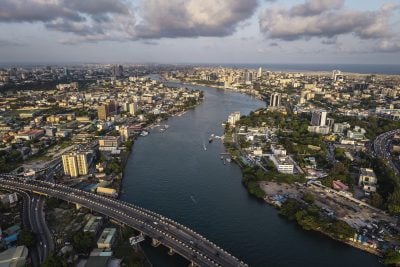The Economic Community of West African States (Ecowas) continues to consider the possibility of military intervention in Niger after launching a standby force last week, but the Niger coup leaders appeared to dig in by announcing plans to charge deposed President Mohamed Bazoum with high treason and undermining national security.
Bazoum and his family have been held captive for three weeks since his removal from power, despite calls from Ecowas and major international powers for his immediate release and return to office. A junta statement read out on state TV said that evidence had been gathered to charge Bazoum and unnamed “foreign accomplices”.
A formal decision to charge the ousted leader could increase pressure on Ecowas to intervene militarily.
In a statement last Thursday, the organisation directed its committee of chiefs of defence staff “to promptly activate the ECOWAS Standby Force with all its elements.”
The directive followed an extraordinary summit held in Abuja, Nigeria, to address the political situation in Niger, where a July 26 coup led by General Abdourahamane Tchiani, the former commander of the Niger presidential guard, deposed and detained the elected President Mohamed Bazoum.
However, no details regarding troop numbers, contributing countries, or funding have been disclosed so far, and it is not clear whether the deployment represents a decisive step towards military intervention. The chiefs of staff met again on Saturday in Ghana’s capital city, Accra, to further consider their options.
Religious leaders mediate but coup leaders dig in
Meanwhile, a delegation of religious leaders from Nigeria met with members of the military junta in Niamey over the weekend. Led by Nigerian Islamic scholar Abdullahi Bala Lau, the delegation stated that its purpose was to seek a lasting solution to ensure peace and harmony in Niger and the sub-region. This marks the first instance of a delegation engaging in dialogue with the military junta in Niger since the coup on July 26th.
Senators and religious leaders in northern Nigeria, in particular, oppose engaging in a conflict with a neighbouring country with which they share close ethnic, religious, and historical ties. The group’s meeting with junta leader General Abdourahamane Tiani extended over several hours, according to Sheikh Abdullahi Bala Lau, who headed the delegation.
“Insofar as the only delegations that the coup leaders have welcomed are the religious leaders, evidently, any effort to broker dialogue must involve them, i.e., the religious leaders,” says Ebenezer Obadare, a senior fellow for African studies at the Washington-based Council on Foreign Relations.
“However, such efforts must contend with the fact that the leaders have taken sides with the junta and appear determined to keep it in place. Beyond that, it ought to be considered that, at least in this case, the religious leaders are legitimate vehicles of a sense of solidarity that seems to be widely shared across the Muslim communities in Nigeria and Niger respectively,” he says.
Will Ecowas intervene?
On announcing the standby force deployment, Ecowas noted that “all diplomatic efforts undertaken by ECOWAS to resolve the crisis have been defiantly repelled by the military leadership of the Republic of Niger.” But it remains unclear what further measures they will undertake to reverse the coup.
Last week, Obadare told African Business that Ecowas has no option but to take a firm stance.
“Following the expiration of the one-week ultimatum to the Nigerien junta to restore democracy or else, and given the same junta’s rejection of repeated diplomatic negotiations, the regional bloc had no choice but to take a firm stance,” he said.
“The response to this particular coup has been different because it is the latest in a series, the sixth in the region in the past two years. CEDEAO [Ecowas] rightly feels that a line must be drawn somewhere, lest the rest of the region falls under military influence,” he adds.
However, whether Ecowas will effectively deploy its forces in Niger remains “the great unknown,” said Obadare.
“It will depend on the quality of intelligence available to CEDEAO military chiefs and the situation on the ground in Niger.”
“That said, I have no doubt it is the right decision, not just for Niger, but also for the long-term development of the region. If CEDEAO successfully dislodges the junta and restores President Bazoum, a message would be sent to potential coup plotters across West Africa and perhaps the entire continent.”
Opposition to military intervention builds in Nigeria
Since the start of the crisis, current Ecowas chairman and Nigerian President Bola Tinubu has been resolute in sending clear messages to the military junta in Niger.
On August 2nd, one week after the coup, Tinubu instructed the Transmission Company of Nigeria (TCN) to suspend power supply to the nation’s northern neighbour, which shares a 1,600km border. Yesterday, he concluded the Ecowas emergency summit by affirming that “all options remain on the table,” including the potential use of force.
But the recently-elected president is encountering significant opposition at home regarding the use of force to restore constitutional order in Niger.
Last Friday, the Northern Senators Forum (NSF) released a statement urging caution against military intervention until all diplomatic avenues had been exhausted.
The NSF noted that Niger shares borders with seven northern states, and the citizens of these states could experience adverse consequences should Nigeria take part in military action.
Furthermore, the Jama’atu Nasril Islam (JNI), an umbrella group of the Nigerian Muslim organisations, issued a warning against pursuing military action as a means of restoring democracy.
During a local TV appearance, Teniola Tayo, the lead economist at the Nigerian government think tank Office for Strategic Preparedness and Resilience (OSPR), also cautioned about the potential repercussions.
“Describing what some individuals consider a surgical procedure may overlook the potential for prolonged conflict if we do not exercise caution. We must consider the welfare of the 300,000 Nigerian refugees in Niger, who could be endangered in the event of all-out war,” she said.
“Additionally, the overall stability of Niger is a concern, as the country traditionally acts as a buffer between Nigeria and Libya. Issues such as the Tuareg insurgency could become more pronounced in the event of conflict.”
Tayo also underscored the substantial cost an intervention could impose on the already overstretched Nigerian army.
“It’s important to recognise that our military in Nigeria is already stretched thin. While other nations may contribute, the bulk of the military intervention would likely fall on Nigeria due to our greater capacity. However, our military is currently deployed in 32 out of 36 states, placing them under significant strain.”
Tayo went on to note that “there is the potential for an uprising, given the cultural ties between certain regions in northern Nigeria and parts of Niger. The risk of a southern Nigerian president declaring war on a cultural group with links to both Niger and Nigeria could exacerbate tensions.”
Want to continue reading? Subscribe today.
You've read all your free articles for this month! Subscribe now to enjoy full access to our content.
Digital Monthly
£8.00 / month
Receive full unlimited access to our articles, opinions, podcasts and more.
Digital Yearly
£70.00 / year
Our best value offer - save £26 and gain access to all of our digital content for an entire year!

 Sign in with Google
Sign in with Google 



